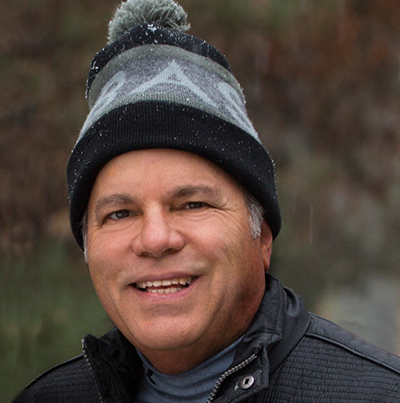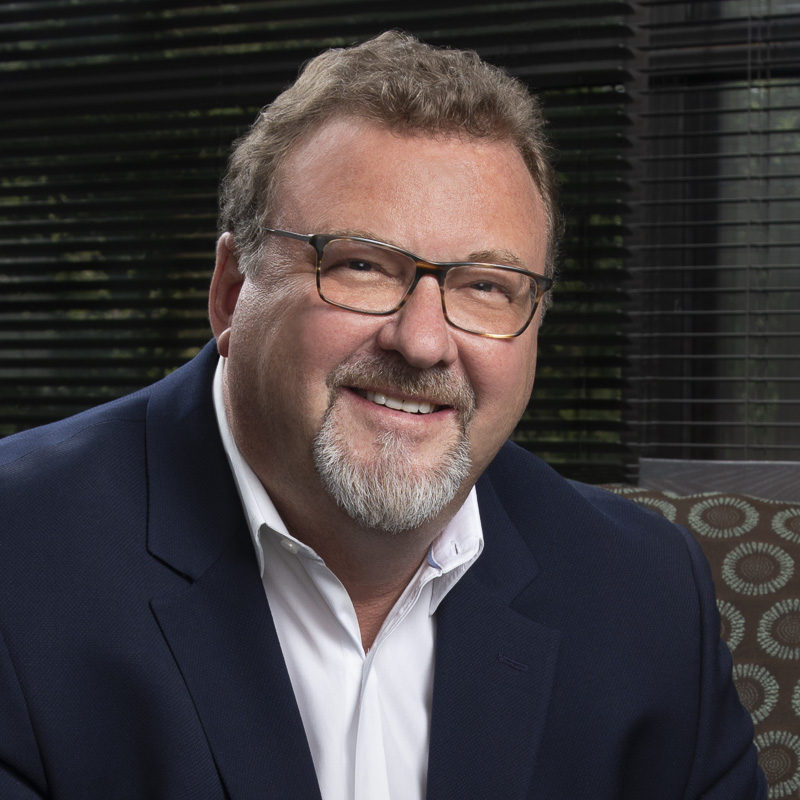Charles’ story (Amplifire’s founder)
In 2001 Bill Gates bought my company, Digital Stock, the world’s first royalty-free image business. Quite gratifying, but I’m a restless sort and was already thinking about the next opportunity, which I found in a conversation with my friend Jim Bruno, who introduced me to knowledge engineering. That year I launched nForma, an application that would teach employees in areas where they were confident yet wrong, a phenomenon that we now call Confidently Held Misinformation (CHM).
The problem and the power of confidently held misinformation resonated with me because I had seen it diminish the potential of people I’d hired. I battled it, but misinformation is resilient and a hard problem to fix. During the day, we held training sessions, pizza parties after work, and off-site events on weekends to eradicate misinformation about our products and services. With meager results, sadly. I learned the hard way how misinformation sticks in the brain. I’d learn later that it’s formed from a strong pattern of neurons in the brain, which gives us our sense of certainty, driving us to take action in the world.
In the years since we’ve grown the ideas and technology behind Amplifire into a platform that has served two and a half billion learner interactions. The development has been spearheaded by leading-edge research from the labs of our extraordinary Science Advisory Board, whom I am proud to call friends. In addition to delivering training while erasing confidently held misinformation, we now help organizations eliminate uncertainty in their workforce, and we identify employees who struggle to learn. Our analytics help instructors and managers predict and intervene before knowledge risks in the brain manifest as poor performance and human error in the real world. Our dashboard shows executives how risks diminish as mastery takes hold across their organization.
I’m convinced that organizations who use the digital tools being developed in this new era of learning will build students and employees who are more informed, more effective, more satisfied, and far more likely to reach their full potential.

Bob’s story (Amplifire’s CEO)
In elementary school I suffered from severe dyslexia and had been held back a few grades. As you can imagine, studying is hard when the words in a book don’t make sense. My future was looking pretty bleak when one of my teachers decided to take me under his wing for one-on-one tutoring. We began a year’s worth of flash card drills and compensatory brain training. Incredibly, not only did I catch up under his tutelage, I became an A student, graduating high school with a 4.0 GPA and attending college on a presidential scholarship . With that lucky break, I supported myself by establishing and running a series of tutoring centers in college for struggling students.
I have from that early age been fascinated with how we acquire new knowledge with our minds. As a serial entrepreneur of 25 years and 5 companies, when I came across Amplifire, I immediately recognized that this was the opportunity of a lifetime to help people and organizations leverage the enormous breakthroughs in the brain science of human learning to radically improve performance.
Managers and instructors can’t see gaps and misinformation hidden in the neurons of their people even though the competency of their people is their key asset. So they use PowerPoint, video, and classroom lectures to the tune of billions annually in the hope that it will make a difference. That kind of passive learning would surely not have gotten me to college, or perhaps even to high school. Until now, managers and instructors have not had a tool to understand how information is held in the mind, nor an effective tool to guide it. Amplifire is that tool, and it’s why I’m so excited about the future of learning.
In most organizations, the human component is the most integral and expensive part of the operation. Organizations can now attain something that was simply not possible a few years ago. They can become true learning organizations that use sophisticated software to radically improve the knowledge of their workers and the confidence with which they wield it.
Today, you would never travel far without a GPS. Five years from now, I believe that every organization that hopes to compete and succeed will have no choice but to take advantage of learning platforms like Amplifire as a strategic imperative.

